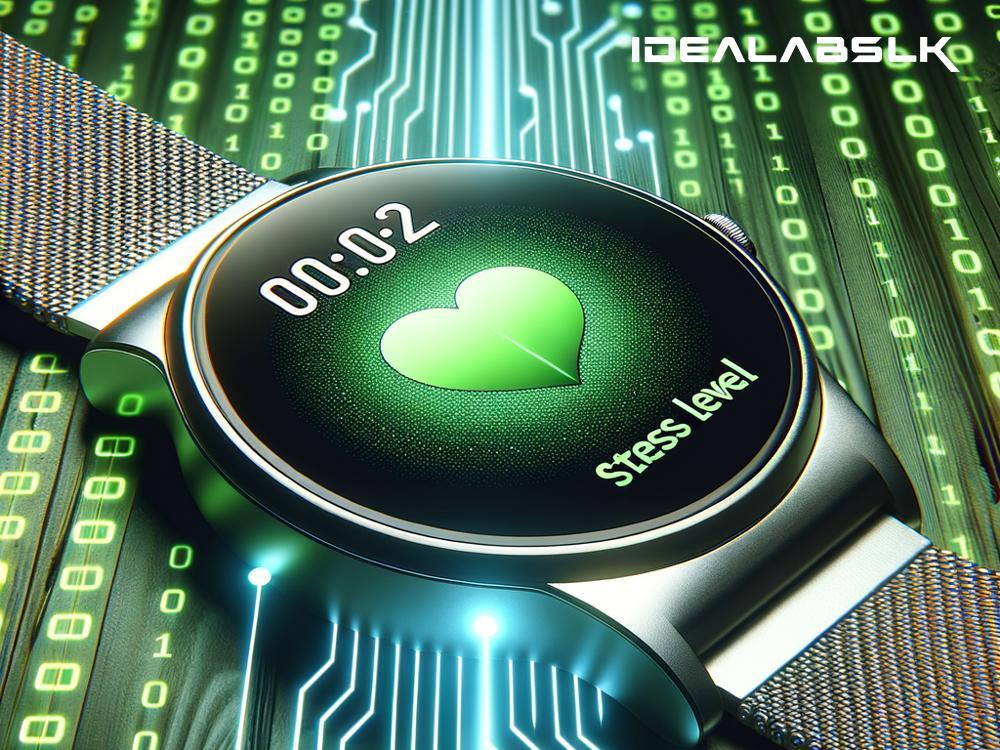How AI Is Revolutionizing Stress Management with Wearable Health Gadgets
In today’s fast-paced and complex world, stress has become a common companion for many of us. While a little bit of stress is okay and can even be motivating, chronic stress can take a toll on our physical and mental health. This is where technology steps in. With advancements in Artificial Intelligence (AI), wearable health gadgets are becoming increasingly adept at predicting and managing stress levels, offering a beacon of hope for those seeking to understand and manage their stress better.
Let’s break down how this incredible technology works and how it’s changing the landscape of stress management.
Understanding Stress and Its Impact
Before diving into the tech, let’s quickly understand what stress is. Stress is your body's reaction to any demand or challenge. In response to these demands, your body releases chemicals and hormones like cortisol and adrenaline, preparing you for action. This is okay in small doses, but when it's constant, it can cause a variety of health issues, from headaches to heart disease.
This is where AI and wearable health gadgets come into play.
The Role of AI in Predicting Stress Levels
Artificial Intelligence, in the simplest terms, refers to machines or software mimicking human intelligence and performing tasks like learning, problem-solving, and decision-making. In the realm of wearable health gadgets, AI works by collecting and analyzing vast amounts of data about our body and its functions.
These wearables, which include devices like smartwatches and fitness bands, monitor various physiological parameters like heart rate, skin temperature, and even the quality of our sleep. But how do they use this data to predict stress?
-
Data Gathering: The first step is the continuous monitoring and gathering of data. These devices collect information on various metrics that are indicators of stress.
-
Pattern Recognition: This is where AI shines. By analyzing the collected data over time, AI algorithms identify patterns and variations in these metrics that are often linked to stress. For instance, a significant change in heart rate variability (HRV) could indicate stress.
-
Stress Prediction: Once the AI has identified these patterns, it can predict stress levels. Some advanced gadgets also take into account factors like physical activity and sleep quality to improve the accuracy of their predictions.
-
Feedback and Suggestions: The final step is providing this information back to the user, often accompanied by suggestions or recommendations, such as guided breathing exercises or mindfulness meditation, to help manage stress.
The Benefits of Using AI in Stress Management
The integration of AI in wearable health gadgets offers several compelling benefits:
-
Early Warning Signs: By predicting stress levels, these gadgets can provide early warnings before stress becomes overwhelming. This allows individuals to take proactive steps in managing their stress.
-
Personalized Insight: Everyone's experience with stress is unique. AI can tailor its insights and recommendations based on individual data, ensuring more effective stress management strategies.
-
Encourages Healthy Habits: With actionable insights and recommendations, individuals are more likely to adopt healthier lifestyle choices and coping mechanisms for stress.
-
Accessibility and Ease of Use: Wearable gadgets are easy to use and more accessible to the general population, making stress management more attainable for everyone.
The Road Ahead
As promising as it is, the application of AI in predicting stress through wearable technology is still evolving. Researchers and developers continue to work on improving the accuracy and functionality of these devices.
However, it's important to remember that while these gadgets can be incredibly helpful, they're not a replacement for professional medical advice or treatment. They are, instead, a tool to better understand and manage your stress.
Wrapping Up
The integration of AI in wearable health gadgets represents a significant leap forward in our approach to managing stress. By providing real-time insights and personalized recommendations, these gadgets are empowering individuals to take control of their stress before it controls them. As technology continues to advance, the future of stress management looks promising, with AI at the helm, guiding us toward healthier, happier lives.

